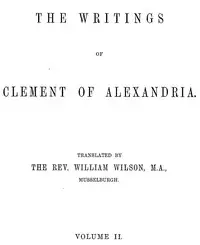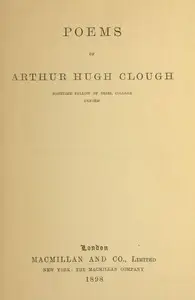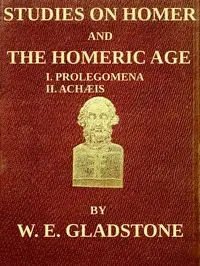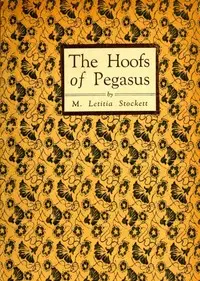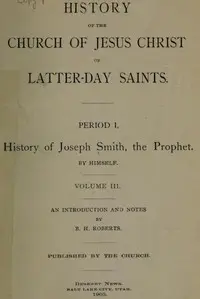"The Writings of Clement of Alexandria, Vol. 1 (of 2)" by Saint Clement of Alexandria is a collection of theological and philosophical texts likely written in the late 2nd to early 3rd century. The volume covers Clement's various works, aimed primarily at converting pagans to Christianity and instructing Christian converts on moral and ethical living. The writings juxtapose Christian doctrine against pagan beliefs, highlighting the fallacies and moral shortcomings of the latter. At the start of the work, the introduction sets the stage for understanding Clement's background as a former pagan philosopher who embraced Christianity. He traveled extensively to learn from prominent teachers of the faith, eventually contributing to Christian thought through his own writings. The opening chapters focus on Clement's "Exhortation to the Heathen," emphasizing the absurdity of pagan worship and the moral decay associated with it, while inviting readers to embrace Christian truths. He compares the simplicity and purity of Christian worship to the complex and often sordid practices of the pagans, calling for a rejection of idolatry in favor of a more profound relationship with the divine. (This is an automatically generated summary.)

The writings of Clement of Alexandria, Vol. 1 (of 2)
By of Alexandria Clement
"The Writings of Clement of Alexandria, Vol. 1 (of 2)" by Saint Clement of Alexandria is a collection of theological and philosophical texts likely wr...
Titus Flavius Clemens, also known as Clement of Alexandria, was a Christian theologian and philosopher who taught at the Catechetical School of Alexandria. Among his pupils were Origen and Alexander of Jerusalem. A convert to Christianity, he was an educated man who was familiar with classical Greek philosophy and literature. As his three major works demonstrate, Clement was influenced by Hellenistic philosophy to a greater extent than any other Christian thinker of his time, and in particular, by Plato and the Stoics. His secret works, which exist only in fragments, suggest that he was familiar with pre-Christian Jewish esotericism and Gnosticism as well. In one of his works he argued that Greek philosophy had its origin among non-Greeks, claiming that both Plato and Pythagoras were taught by Egyptian scholars.


